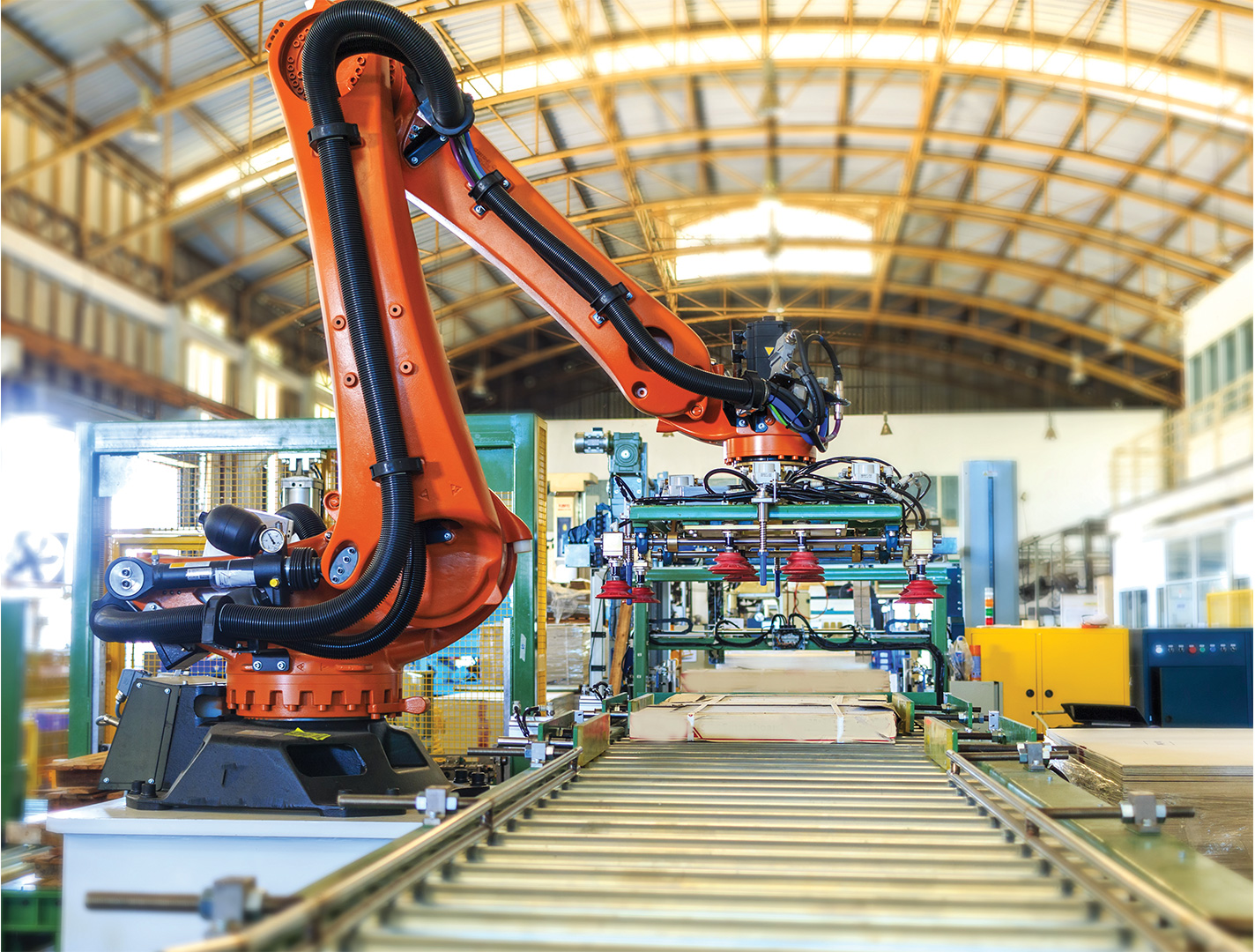The last 18 months have been challenging for all global business, but the manufacturing sector in particular has found itself at the coalface of change. As the pandemic disrupted supply chains globally, plant owners were forced to respond to rapidly changing demand with newfound nimbleness, speed and agility.
With these lessons in hand, today’s emerging business imperatives for the manufacturing industry include flexibility, supply chain resilience, increased productivity, and sustainability. The optimization and integration of both business planning and manufacturing execution into a single digital system represents the next step gain for manufacturers for growth and profitability.
Put simply, those manufacturing systems that enable a demand-driven and dynamically optimized value chain will survive – and thrive – into the next decade and beyond.
Growing demands
In the coming years, plants and factories will face ever more stringent regulatory and compliance requirements, as well as growing public and governmental pressure to be sustainable and energy efficient.
Such demands also dovetail with global trends towards adopting new processes for circularity, carbon reduction and waste reduction. It’s not enough for today’s ageing systems to be fit for an Industry 4.0 age – they must be Industry 5.0-ready.
Amid this age of rapid digitalization, many plants have embarked on transformational activities that align manufacturing systems to provide both operational and business improvements. Digital technologies are at the heart of these changes given their ability to drive exponential productivity and sustainability benefits across the value chain.
According to the World Economic Forum, the value of digital transformations in the Fourth Industrial Revolution (4IR) is estimated at $100 trillion in the next 10 years. The manufacturing sector, which has long been a driver of global prosperity and economic growth, is key to this transformation.
Automation and beyond
Globally, manufacturing companies have generally kick-started digital transformation with plant and machine automation to minimize manual operations and maximize physical throughput.
But more advanced technology, such as manufacturing execution systems (MES), goes above and beyond the reduction of manual processes to transform core application functionality and business performance.
Technological advances in big data and predictive analytics, business process management, mobile applications, and augmented reality are enabling manufacturers to empower operators to make sense of operational data.
Detailed production history data offers payback opportunities by providing optimization insights and facilitation of continuous improvement. Visibility into operations and resource status enables better decision-making and collaboration between plant and enterprise functions.
What’s more, newer platform and integration technologies such as cloud, IoT, IIoT, and smart and edge devices are driving down the cost of digital transformation in the manufacturing sector.
Smart factories
Concepts like the digital twin and the digital transformation of work are increasingly becoming the tools to improve operational efficiency and drive the needed business outcomes at manufacturers’ plants.
MES continues to play a central role here. As machines become smarter (the ‘things’ in IoT), MES unites those machines with connected workers and other connected assets – changing this collection of ‘smart’ machines into a ‘smart’ factory.
The ROI on MES investments can be profound and transformative – led by improvements to operational efficiency, quality and compliance.
Operational efficiency gains can be seen in increased asset performance and plant throughput, faster product changeover, and increased productivity.
Meanwhile quality and compliance improvements are delivered through product and process specifications, reduced waste and rework, detailed traceability, indications and management of recalls.
These types of manufacturing gains can be seen across the full gamut of global industries, from chemicals, pharmaceuticals and mining to agriculture and food and beverage.
Transformational gains
One case in point in Borg Manufacturing, a leading privately owned Australian melamine and joinery manufacturer, which prides itself on embracing innovation to drive its sustainable operations.
With over 2,000 employees at 20 sites, Borg wanted to increase batch flexibility on products, while accelerating high-quality, consistent production and keeping their next-day-delivery commercial promise.
By implementing an integrated automation and MES system from AVEVA, Borg has been able to accelerate its sustainable manufacturing vision.
The Australian firm is now able to deliver on its promise of next-day delivery with over 7,500 made-to-order products and 1,200 stock items daily. It is also able to execute consistent automation and sustainable operations standards across all its sites.
Borg achieved efficiency gains of 400% as a result of the integrated MES system. Wastage in warehouse production has reduced from 5% to 2% and line efficiency has increased from 4,000 to 6,000 items picked per shift.
The case for digitalization within the manufacturing sector is clear. Driven by the unrelenting and growing need for agility and resilience, manufacturers will be able to empower their workforce through digital transformation and build the smart factories of the future, unlocking value benefits for all stakeholders along the way.

Sree Hameed is the Consumer Products Industry Strategist at AVEVA.
